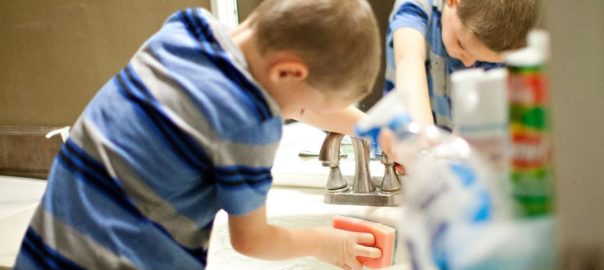
It is not easy to learn your child is being bullied. You are ready to do battle—anything to save your child from the pain and agony of daily terrorizing. Especially if you were bullied as a child. It’s hard enough to watch a sibling use age and power to overcome the wishes of the younger but a school bully, or a controlling friend is quite another thing. High emotional reactions from parents are always understandable but never helpful.
Bullying has likely been going on awhile when most parents learn of it—if they ever do. For the child, being the target of a bully is humiliating and shameful. The target does not want anyone to know. Even the most loving and accepting parent is often the last to find out for fear he may be letting his parents down. After all, to the target, he assumes it must be his fault. He must be weak and ineffective at preventing the bullying.
Therefore it is up to the parent to interpret behavioral signs. Not an easy thing to do. Changes in typical















